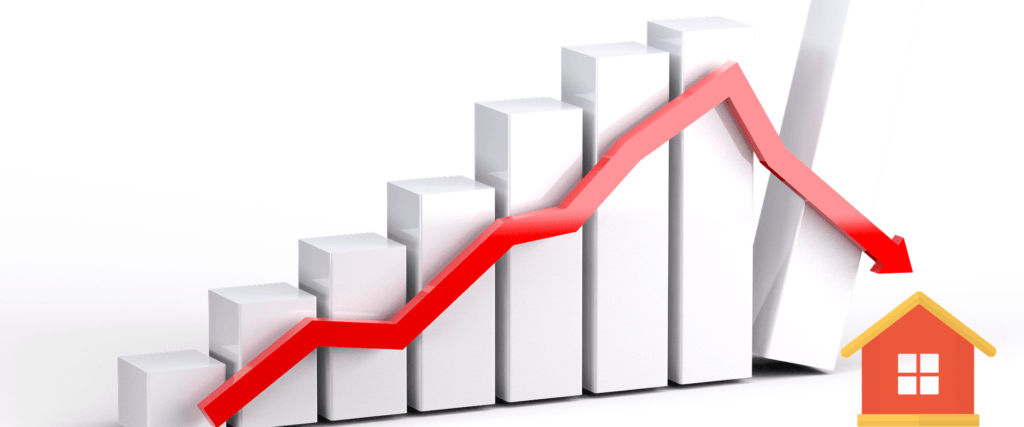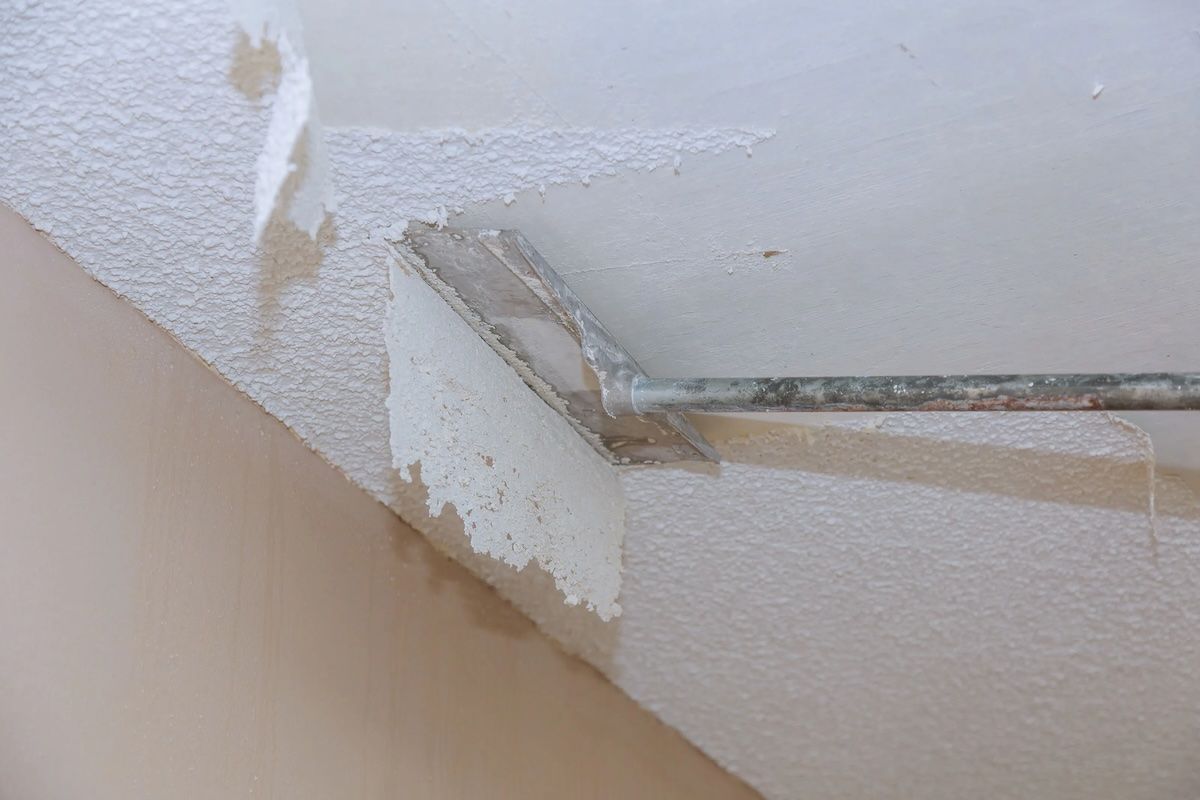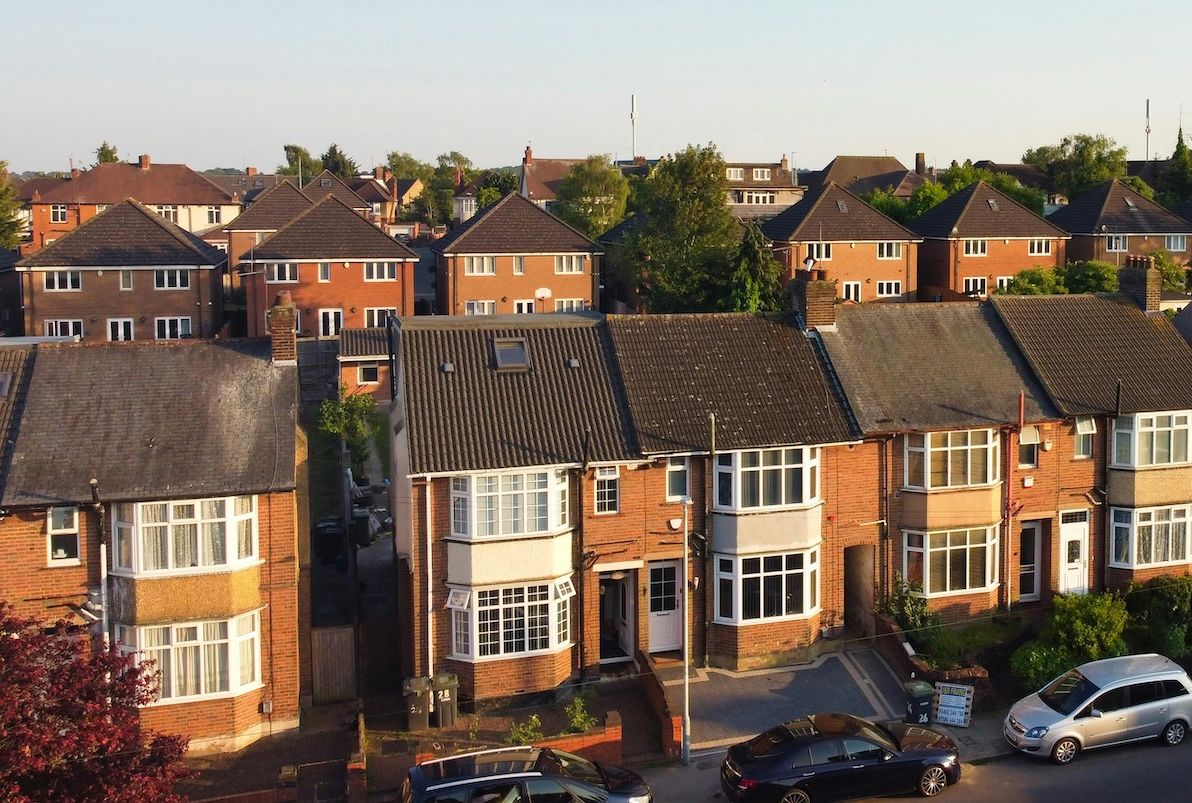How to Survive a Recession While Investing in Real Estate

In these uncertain times, it’s more important than ever to have a solid financial plan in place. Market downturns can offer real estate investment opportunities, but they can also be a risk. So how can you protect your investments and make the most of any opportunities that come your way?
In this article, we’ll explore how a recession affects the real estate market, how to diversify your investment portfolio, and where to look for new real estate investment opportunities.
What is a Recession?
A recession is defined as a significant decline in economic activity lasting more than a few months. A recession usually involves a drop in gross domestic product (GDP), an increase in unemployment, and a decrease in business investment.
While recessions don’t always lead to a housing market crash, they can have a major impact on the real estate market. For example, during the Great Recession of 2008-2009, home prices in the United States fell by more than 30%.
What Happens in a Recession?
During a recession, the overall demand for housing decreases. This can be due to a number of factors, including job loss, reduced income, and increased uncertainty about the future. Other signs of a recession include:
- Manufacturing begins to slow production.
- Corporate downsizing & hiring freezes increase.
- Inflation causes sharp increases in commodity prices.
- The Stock Market shows a steady decline over several months.
- A decrease in demand and investment can lead to a drop in home prices.
- More people are likely to default on their mortgages during a recession, which can cause a housing market crash.
Investors often take a more cautious approach during a recession, which can lead to reduced investment in the real estate market. For example, during the Great Recession, investment in commercial real estate fell by more than 50%.
What is the Difference Between a Recession and a Depression?
A recession is a period of economic decline, typically defined as two consecutive quarters of negative GDP growth. A depression is a more severe economic downturn, characterized by prolonged periods of negative GDP growth and high unemployment.
How Long Do Recessions Last?
Recessions can last for a few months or several years. The Great Recession, which lasted from December 2007 to June 2009, was the longest and deepest recession since the Great Depression of the 1930s.
While recessions vary in length, they typically follow a similar pattern. The first stage is known as the “downturn,” when the economic activity starts to decline. This is followed by the “recession,” when economic activity falls for at least six months. The final stage is known as the “recovery,” when the economic activity starts to rebound.
What Causes a Recession?
Recessions can be caused by a variety of factors, including:
- Economic policy mistakes
- Wars
- Natural disasters
- Financial bubbles
- Pandemics
What Does a Recession Mean to the Average Person?
A recession can have a major impact on the average person. For example, during the Great Recession, unemployment in the United States rose from 5% to 10%. This meant that millions of people were out of work and struggling to make ends meet.
In addition to job loss, a recession can also lead to reduced income, increased debt, and reduced spending. This can have a major impact on people’s ability to afford their homes and make ends meet.
Is a Recession a Good Thing?
While a recession can have a major impact on the economy, it can also offer opportunities for investors. For example, during a recession, home prices may fall to levels that are below the true value of the property. This can create a buying opportunity for investors who are looking to purchase property at a discount.
In addition, during a recession, there may be more motivated sellers who are willing to sell their property for less than its true value. This can also create opportunities for investors.
What Industries Are Most Affected by a Recession?
While all industries are affected by a recession, some are more vulnerable than others. For example, the construction industry is often one of the first to feel the effects of a recession. This is because people are less likely to purchase or build new homes during an economic downturn.
Other industries that are typically affected by a recession include:
- Retail
- Banking
- Manufacturing
- Technology
- Hospitality
- Travel

What Can You Do to Prepare for a Recession?
There are a number of things you can do to prepare for a recession, including:
- Build up an emergency fund – This will help you cover expenses if you lose your job or have a reduction in income.
- Pay down debt – This will reduce your monthly expenses and make it easier to weather a recession.
- Invest in recession-proof stocks – This will help you protect & offset losses to your portfolio during a recession.
- Devise a tenant incentive program – To help reduce the potential for a high turnover during slow economic times, offer renters incentives to stay put.
What are the Most Recession-Proof Industries?
Consumer staples are the most steady investments to make during a recession. Consumer staples are basic necessities that people continue to buy regardless of economic conditions.
As any seasoned investor will tell you, diversifying your portfolio to withstand recession turmoil is always a smart idea. So, if you’re looking for stability to balance out your real estate portfolio during these trying times, focus on these essential industries:
- Food & Beverage
- Health Care & Pharmaceuticals
- Personal Care
- Defense
- Energy
How Does a Recession Affect the Real Estate Market?
There are several ways a recession can impact the real estate market:
- Decreased demand for housing – A recession can lead to job losses and decreased wages, which can reduce the demand for housing.
- Increased foreclosures – A recession can also lead to increased foreclosures as people struggle to make their mortgage payments.
- Lower home prices – A decrease in demand for housing can lead to lower home prices.
- Reduced construction activity – A recession can also lead to reduced construction activity as builders cut back on new projects.
What Are the Risks of Real Estate Investing in a Recession?
While there may be some opportunities during a recession, it’s important to remember that there are also risks. For example, during a recession, the value of properties may continue to decline. This can lead to losses for investors who thought they purchased property at a peak discount.
In addition, during a recession, it may be more difficult to find tenants or buyers for your property. This can lead to vacancy and reduced income.
How to Survive a Recession While Investing in Real Estate
Making wise investment decisions during a recession can mean the difference between success and failure. To help you navigate these difficult times, we’ve put together a list of tips:
Do Your Research
Make sure you understand the risks involved in investing during a recession. Research the local market dynamics and make sure you’re aware of any potential red flags. To research the local market:
- Check out online real estate listings to get an idea of what’s available in your area.
- Attend open houses and look for properties that are being sold by owners.
- Talk to a local real estate agent or to get their insights on the market.
Pick a Niche
Investing in a niche can help you weather the storm during a recession. When the market is down, there are usually still pockets of opportunity. For example, you could focus on:
- Properties that are being sold by owners
- Distressed properties
- Foreclosures aka REO properties
- Short sales
Get Creative With Your Financing
During a recession, it may be more difficult to get traditional financing. However, there are still ways to finance your investments. For example, you could:
- Look for private lenders
- Partner with other investors
- Get a home equity loan
- Use a line of credit
Diversify Your Portfolio
Don’t put all your eggs in one basket. Spread your investments across multiple properties and industries. This will help you weather any potential downturns.
Stay Disciplined
Don’t let emotions cloud your judgment. Stick to your investment plan and don’t make impulsive decisions.
Have Cash Reserves
Having cash on hand will help you weather any storms that come your way. A basic rule of thumb is to have at least six months of living expenses saved. This will help you cover any unexpected costs or vacancies.
Be Patient
Rome wasn’t built in a day and neither is wealth. Invest for the long term and don’t expect immediate gains.
Look for Bargain Properties
A recession can create opportunities to purchase property at a discount. You can find bargains by:
- Searching for distressed properties
- Researching foreclosures
- Attending auctions
Focus on Cash Flow
During a recession, it’s important to focus on investments that will generate positive cash flow. This can help you weather a downturn in the market.
Invest in Essential Industries
During a recession, essential industries tend to be more resilient. So, investing in these industries can help offset losses in other areas of your portfolio.
Consider a REIT
A REIT (real estate investment trust) can be a good option during a recession. This is because REITs are required to pay out 90% of their taxable income to shareholders. This can provide a steady stream of income during market turbulence.
Keep an Eye on the Future
While it’s important to focus on the present, you also need to have a vision for the future. As the market starts to rebound, you’ll want to be in a position to take advantage of it.
The Pros and Cons of Buying Property During a Recession
There are both pros and cons to buying property during a recession.
Some of the pros include:
- There may be more bargain properties available.
- You may be able to negotiate a lower price for the property.
- You may be able to get a lower interest rate on your mortgage.
Some of the cons include:
- It may be more difficult to find a buyer or tenant for the property.
- Property values may continue to decline.
- The construction industry may be slowed down, making it difficult to find a contractor to do repairs or renovations.
So, when deciding whether or not to buy real estate during a recession, it’s important to weigh the pros and cons carefully. And, as with any investment, be sure to do your research before making a purchase.
Should I Continue Flipping Houses During a Recession?
The house-flipping market can be volatile, so it’s important to proceed with caution during a recession. It is very possible that if you buy a property to flip now, you may be forced to hold onto it for longer than you planned. This can eat into your profits and put you in a difficult financial position.
If you are considering flipping houses during a recession, here are a few things to keep in mind:
- Be prepared for a longer timeline – It may take longer to find a buyer or tenant for the property. And, it may take longer to complete repairs or renovations.
- Be aware of the risks – There is always a risk that property values will continue to decline, eating into your profits.
- Do your research – Make sure you understand the market and the neighborhood where you’re buying the property. This will help you make informed decisions about pricing and repairs.
- Be prepared for higher commodity prices – Items you need to repair may be held up in logistical entanglements or priced higher than you expected.
FastExpert Can Help Recession-Proof Your Real Estate Portfolio
As an investor, it’s important to be prepared for anything. By diversifying your portfolio and being disciplined with your investment decisions, you can weather any economic storm.
If you’re on the hunt for cheap bargain properties, our network of real estate professionals can help you find the best deals. And, if you’re looking for financing options, we can connect you with private lenders and other investors.
The time to jump into the real estate market is now. Contact a local FastExpert agent today to get started.





